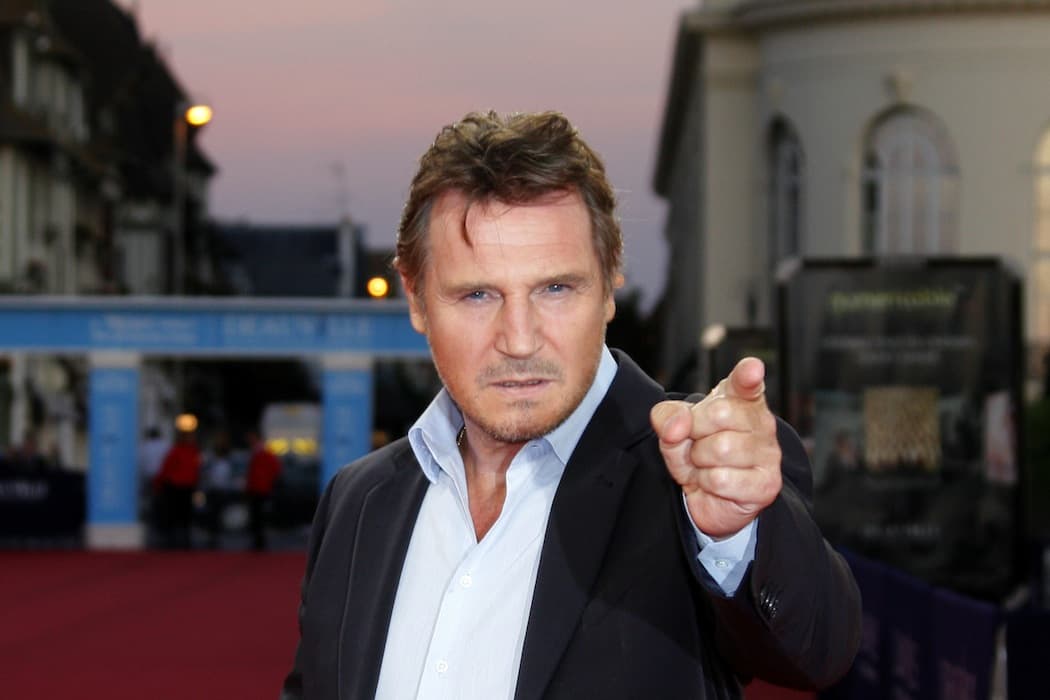Advertisement
John Banville On Marlowe, Quirke — And George Clooney
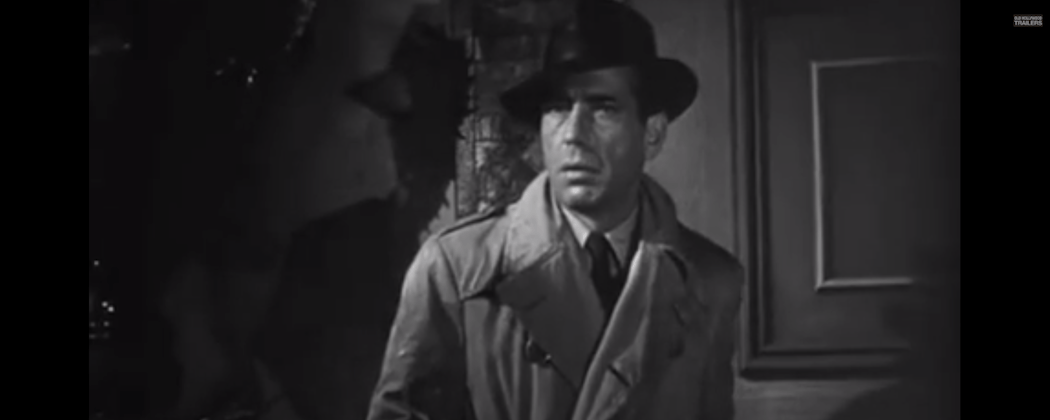
The contrasts in John Banville’s writing are ever intriguing. His novels often have an air of the supernatural in them but are thoroughly grounded in reality. The Quirke crime novels written under the name Benjamin Black resolve who done it, but there’s a lingering question of how much others, beyond the reach of Irish law in the 1950s, have gotten away with.
He wasn’t the most likely crime writer, then, to be selected to write the latest Philip Marlowe novel. The late Robert Parker, who finished a previous Marlowe book, “Poodle Springs,” was closer to Raymond Chandler’s sensibilities than Black, though the book by many accounts was not a success. (I gave up on it.) Black’s contribution, “The Black-Eyed Blonde,” by most accounts, is.
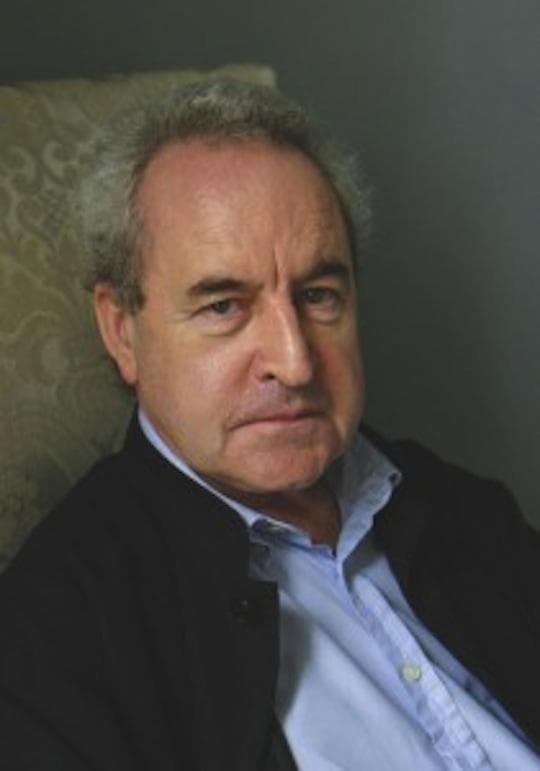
Certainly by my account. And here’s perhaps the greatest contrast, or surprise, of them all. It does full justice to both Chandler and Black. On the one hand, it’s easy to imagine Humphrey Bogart wise-cracking his way past the moneyed classes he has to do battle with here (though thanks to the Motion Picture Code I never pictured Bogie actually in motion with a woman until now). At the same time, the writing is perfectly Black-humored – more arch than Chandler’s, as if acknowledging this isn’t really the way the world works even as he seduces us into thinking that it is.
Here’s a passage that could have been uttered by one of Banville’s disaffected anti-heroes or by the macho Marlowe:
“I liked the idea of the outdoors. I mean I liked the thought of it being there: the trees, the grass, birds in the bushes, all that. I even liked looking at it, sometimes, from the highway, say, through a car windshield. What I didn’t much care for was being out in it, unprotected. There was something about the feeling of the sun on the back of my neck that made me uneasy …”
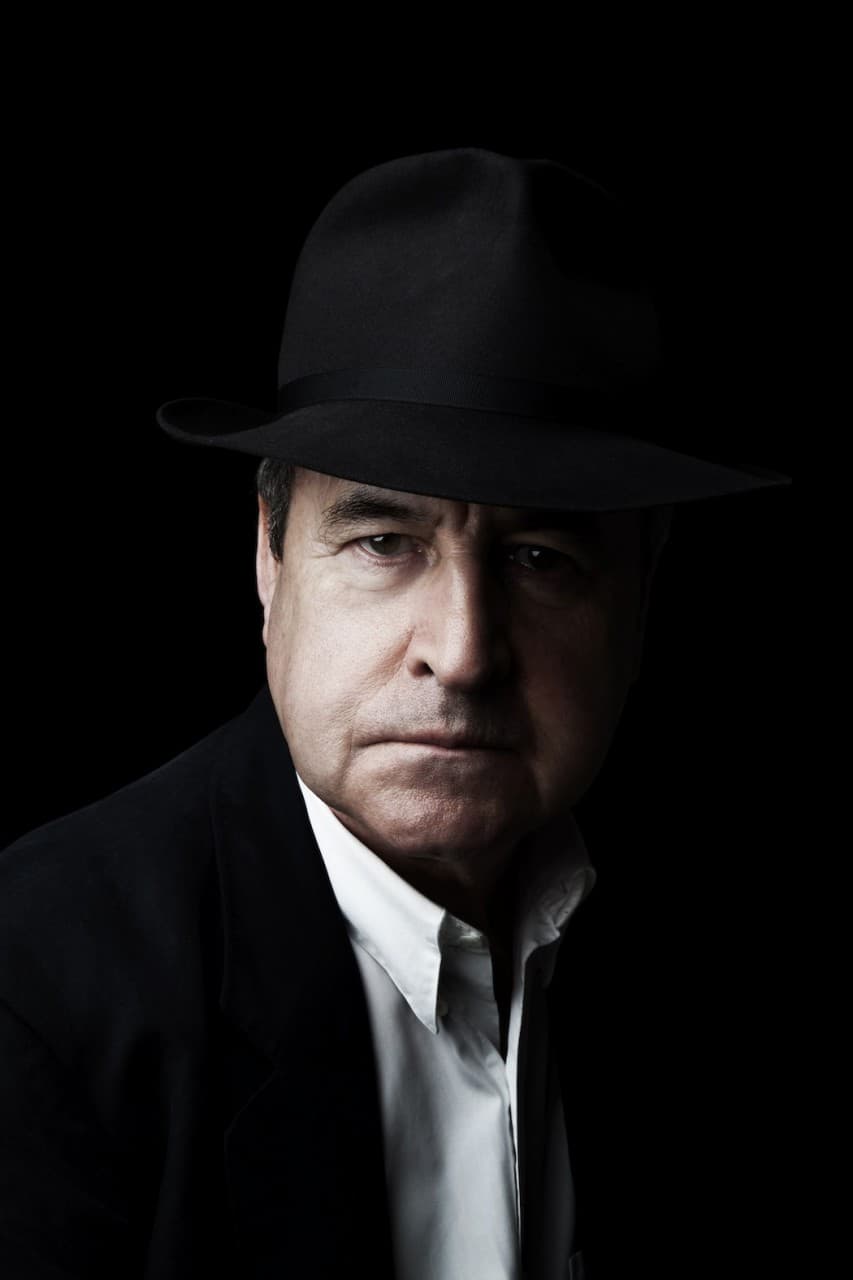
The rest is pure Marlowe, but you get the idea. Black may be channeling Chandler, but Banville is there, lurking, like the gods in “The Infinities.”
Banville didn’t make it to Boston during his U.S. promotional tour, but we caught up to him via email:
Ed Siegel: The photos that accompany the John Banville books and the Benjamin Black books look like two different people. Do you feel like two different writers when you switch from one to another, putting on a mask to assume a different identity? Or is it more like switching from tennis to swimming, exercising different muscles?
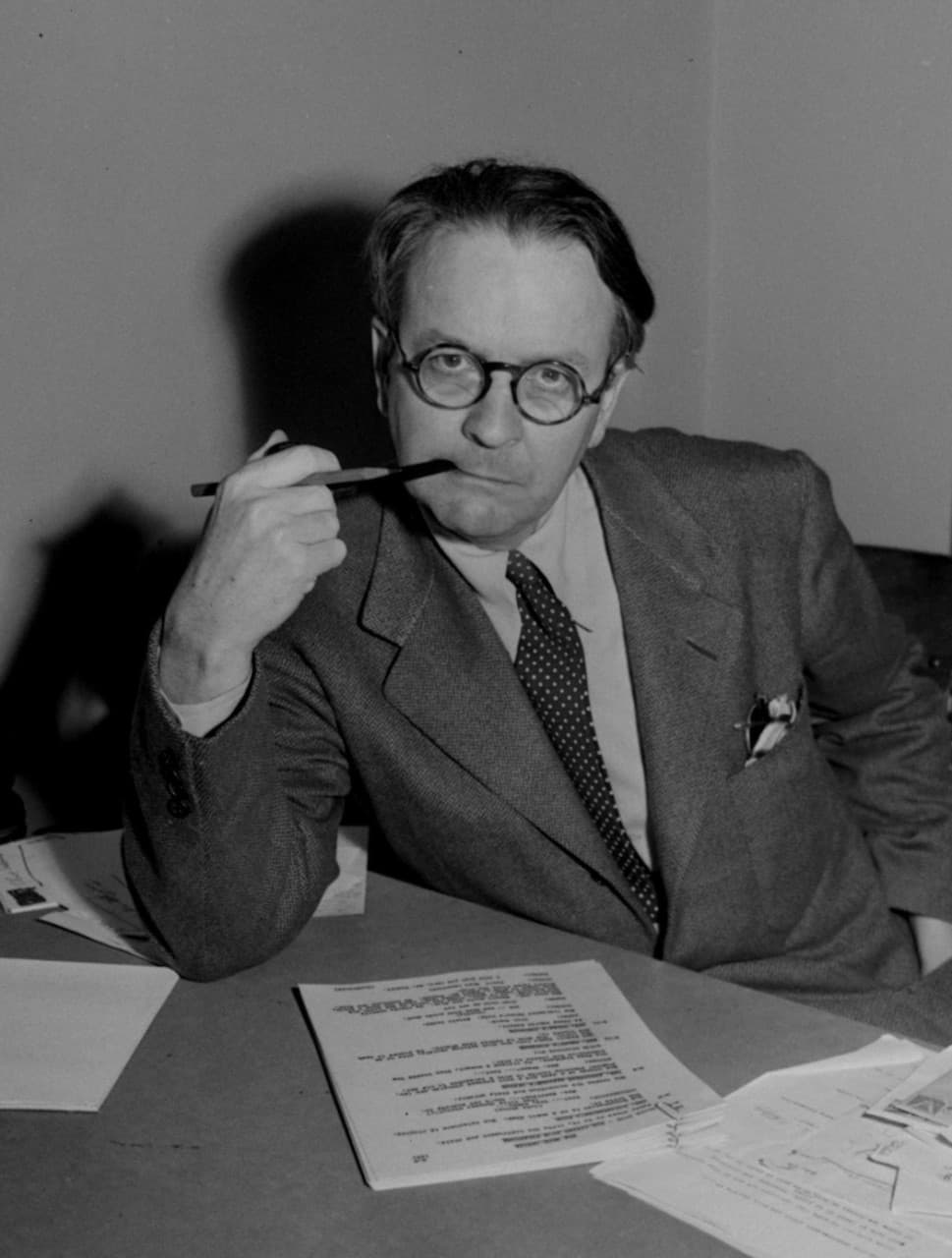
We all put on masks to get through our days. I just happen to have a specific mask behind which I write my crime books. For 35 years I earned my living as a journalist — copy-editing, then books editor at The Irish Times — and that involved a far wider separation of 'selves' than that between JB and BB.
How conscious were you of making "The Black-Eyed Blonde" a book that Raymond Chandler would have embraced? Or the Chandler estate?
At the start I thought I would 'develop' Marlowe as a character — make him more our contempory, etc. Then I went back to the books and found that Marlowe is an entirely rounded character, and realised I didn't have to change him in any way, just extend him, as it were.
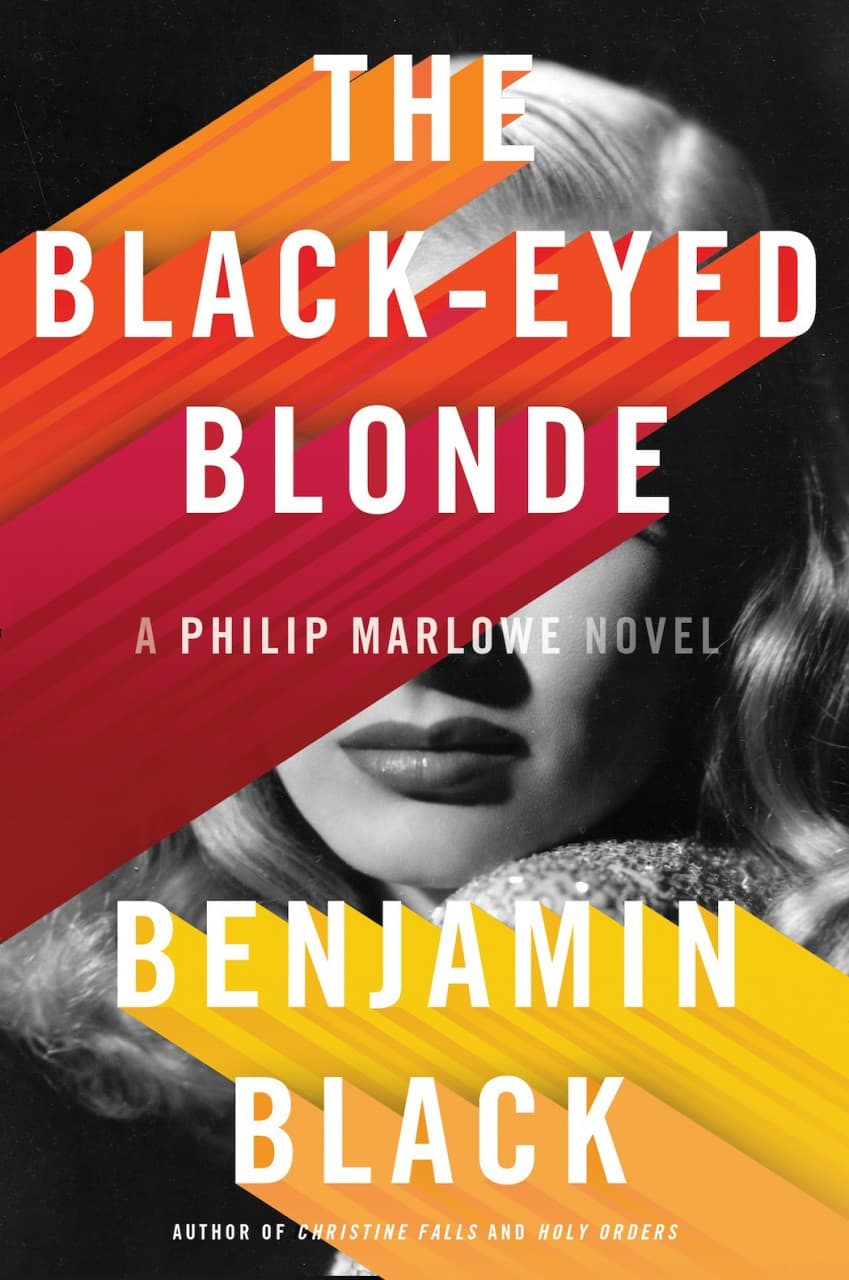
What do you think Quirke and Marlowe would have talked about if they had been thrown together? Could Alexander Cleave [a recurring, haunted character in Banville's novels] have gotten in on the conversation?
Quirke and Marlowe would probably talk about drink, women and the perfidy of the human soul. Cleave would stay silent.
There is the sense that stand-alone mysteries are of a higher literary order because there's more room for nuance, character development and moral ambiguity. Graham Greene, writing about his love of Patricia Highsmith's books, said, "This is a world without moral endings. It has nothing in common with the world of her peers, Hammett and Chandler, and her detectives (sometimes monsters of cruelty ...) have nothing in common with the romantic and disillusioned private eyes, who will always, we know, triumph finally over evil and see that justice is done, even though they may have to send a mistress to the chair." Greene doesn't like that kind of certainty. How about you?
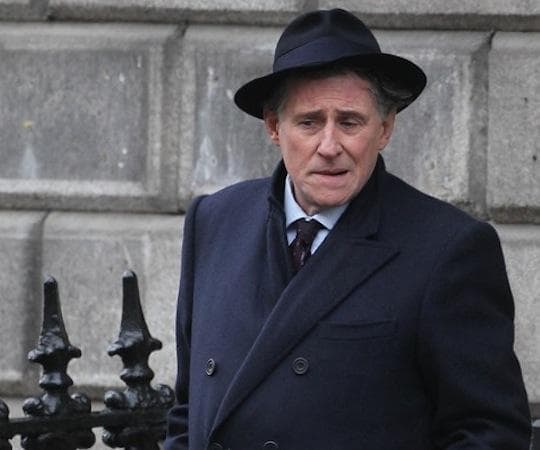
I admire Highsmith's books but could never love them. Of course Chandler is an unreconstructed romantic, and Marlowe is more like a knight of the Round Table than a private eye. But I like him that way.
I read that you approved of Gabriel Byrne as Quirke. Did you envision Bogart or anyone else as Marlowe? Any actor in particular you'd like to see as him in a "Black-Eyed Blonde" movie?
I didn't approve Gabriel Byrne since my approval wasn't asked for. He makes a very good Quirke. Chandler wanted Cary Grant for Marlowe, which would have been very interesting. If there were to be a movie of the Blonde, I'd love to see George Clooney or Liam Neeson play the lead.
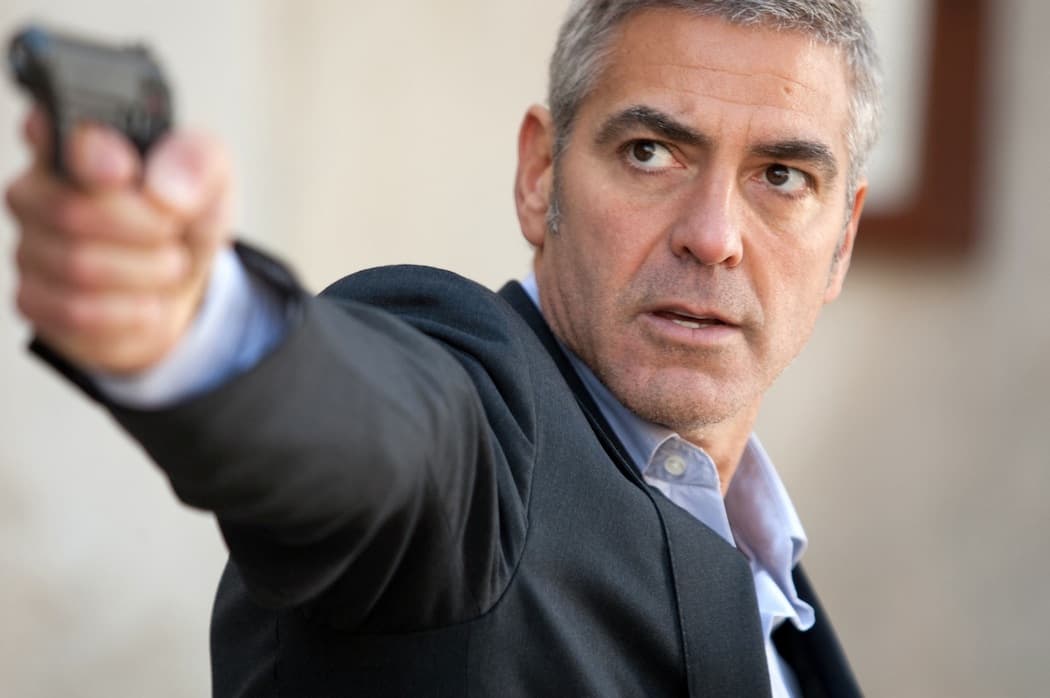
I asked Robert Parker whom he envisioned as Spenser and he said, without a bit of humor, "Me." Do you picture yourself as Quirke or Marlowe?
Certainly not.
Any idea, by the way, of who might show the Quirke films in America?
Not yet.
Will Benjamin Black be revisiting Philip Marlowe?
There are no plans at the moment for him to do so, but who knows? Marlowe is a wonderful character, as vivid to us as Leopold Bloom or Emma Bovary, and it might be nice to work with him again, sometime.
More
Marlowe Through The Ages
And Liam Neeson?
